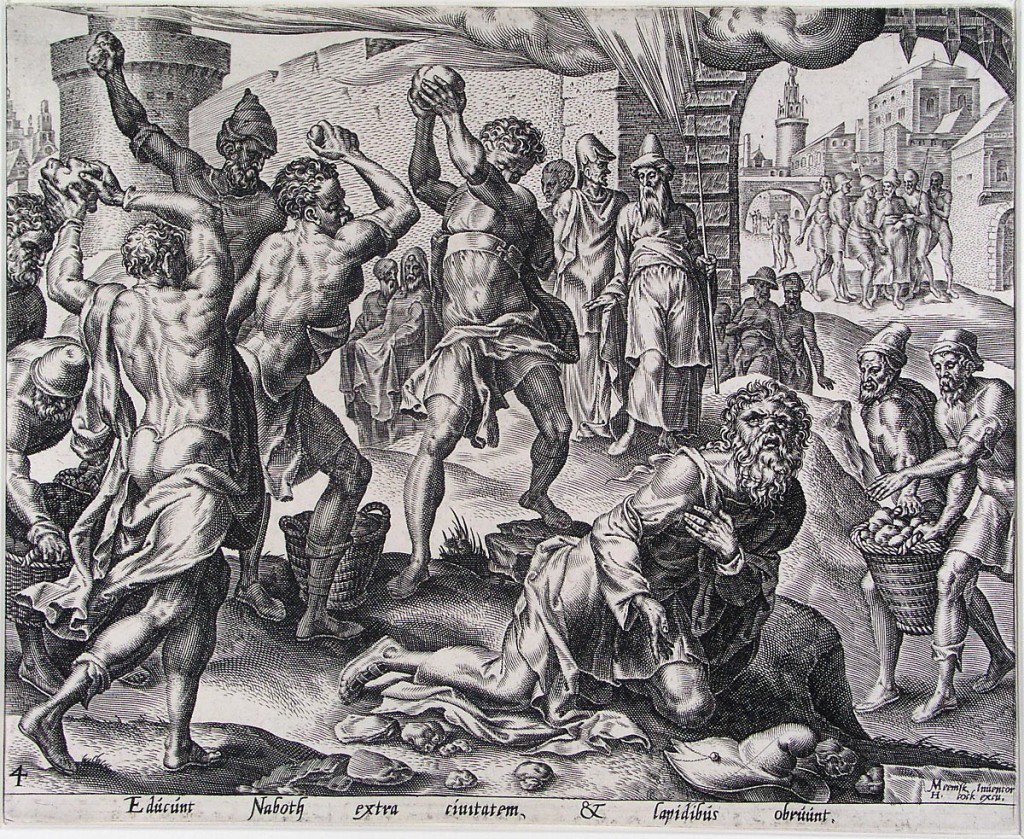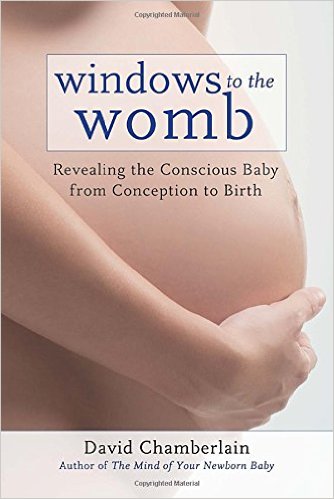I’ve been trying to write this piece for more than two weeks. But no matter how I revised and reworked it, it didn’t feel right.
I’m beginning to understand why.
I’ve wanted to write a sweeping, harsh, black-and-white piece. I’ve wanted to assert that Christians with whole, living faiths would avoid being part of organizations that consistently use power wrongly and to resist wrong things being done by organizations of which they are part. And I’ve even wanted to spell that all out in pretty detailed terms.
What is giving me mental static is that things are not always black and white. In this fallen world, people and organizations can be contradictory mixes of good and bad. There is complexity and nuance. Our government system allows for many conflicting voices. The free market allows for both wonderful creativity and destructive inventions. And discernment becomes even more difficult when organizations and systems are large and longstanding and produce both good and bad.
What also pulls me back is that Jesus taught us to be careful in judging and accusing others. In fact, Jesus didn’t seem to criticize the Roman centurions he dealt with for being part of an empire built on cruelty.
So I’ve realized I was trying to create a definitive statement that didn’t match the complexity and nuance of the world and of the Bible itself.
Yet, I am 100% convinced that Christians whose hearts are filled with God will not stand passively by when wrong is being done.
The story of Ahab and Jezebel that is told in 1 Kings 21 still has, I believe, something important to teach us.
Ahab was the king of Israel at this time and served as king for 22 years somewhere between 880 and 850 BC. Israel then was not the Israel of today. It was the northern of the two kingdoms that had persisted after King David’s and King Solomon’s unified kingdom had broken up. Ahab had married the king of Phoenicia’s daughter – Jezebel – who brought with her the Baal-worshipping tradition of her people and, we’ll see, a dominating spirit.
King Ahab noticed a vineyard owned by Naboth, a resident of Jezreel, next to his palace in the same town. King Ahab offered Naboth what seemed, on the face of it, a reasonable offer – let me give you a better vineyard in exchange for yours or name the price and I’ll pay it.
Naboth refused. He didn’t do so out of spite. He did so because of the framework through which he saw the world. This framework was based on a God-focused understanding that the land was actually God’s. As a result, each Israelite family understood that they had received only a lease for the land, which was to be their permanent inheritance. It was also understood that God’s people were not to sell or lose this inheritance. It was a law and an orientation towards life that King Ahab didn’t understand and wanted to disregard. He wanted to deal only in terms of real estate, finance, and commerce. (For this insight and others about the context of this situation, this article was helpful.)
Ahab pouted and sulked about Naboth’s refusal to sell until Jezebel found out what the matter was. She upbraided him for not acting like a king. (In the NIV she actually calls him the “king over Israel” which subtly asserts her view that kingship is about domination of one’s subjects rather than serving them and their overall interests before God). She told him not to worry. She would take care of it.
Ahab didn’t ask any questions about how she’ll do that.
Jezebel worked out an elaborate scheme in which Naboth was falsely accused by elders and nobles who lived in Jezreel of cursing God and King Ahab. Those elders and nobles then stoned him to death. They were Naboth’s neighbors.
When King Ahab heard that Naboth was dead (again, no questions), he rushed off to take possession. God consequently commanded Elijah to confront Ahab and to tell him that he will die. (Oddly, Ahab confessed, and God delayed the day when King Ahab and Jezebel did die in brutal fashion.)
This story helps us see key characteristics of people with power who are acting badly. The characteristics of Ahab-Jezebel, Inc. we see are:
Possessed by greed, power, and prestige.
Not seeing people and God’s earth through God’s eyes
Not loving one’s neighbors
Not accepting limits on the use of power
Using power and law to get what is illegitimately desired.
Blind to violence inflicted on the vulnerable
The rule of Ahab-Jezebel, Inc. in this world and even in our country is not new. It has actually been the norm of this fallen world for millennia.
We’ve seen this most recently at the Standing Rock Indian Reservation with Energy Transfer Partners and the Army Corps of Engineers ready to threaten the Standing Rock Reservation’s water supply and to destroy sites sacred to the tribe. Balancing human creativity and enterprise with humility and love appears more challenging to humanity than devising a perpetual motion machine.
So how would a person who is a follower of Jesus in this life, especially in a democracy and in a country in which we can choose who to work for, choose to act when faced with an order from Ahab-Jezebel, Inc.?
It’s unsettling to me that God ultimately calls Ahab and Jezebel to account for what they’ve done but God doesn’t seem to do so with the elders and nobles. Nothing seems to happen them for doing something so clearly wrong. Does God not care if we are like the elders and nobles who take part in using official power and twisted legal strategies?
I believe, however, that God does care. We are morally responsible before God for how we act in this world as individuals.
So this raises the question of whether we can go along when we work for a company or agency that is systematically following the values of Ahab-Jezebel, Inc. rather than the values of the god we know through Jesus and the Bible?
We’d probably all agree that a Christian couldn’t rightly work for a company making pornographic films. How about a factory farm? From what I’ve read and heard, the factory farm is pretty close on the moral scale. How about a company carrying out mountaintop mining?
Things can get dicier when a company or government agency fills some legitimate roles but also, in particular cases, is right in line with Ahab and Jezebel. Could a Christian work for Energy Transfer Partners? Or Monsanto?
Again, I believe we face nuance. Picking and choosing who to work for is not a luxury many people have. And it’s so easy to point out the speck in one’s neighbor’s eye and ignore the timber in one’s own.
Yet, if Christians don’t wrestle with these questions, Christianity ends up standing for nothing.
Our tendency is to put our faith in the religion/doctrine silo and to only let it influence other elements of our life where it is safe to do so and where that won’t cost us comfort, convenience, and security.
I believe Jesus wants our whole life dedicated to him and wholly filled with his love, joy, and peace that are expressed with strength and conviction. A good church would encourage each of its members to live out a whole faith in all aspects of life and would help its members make tough decisions about when to resist, when to try to change, and when to accept. A living church would even ask hard questions of each other in truth and love and passionately support those who who do not go along with Ahab-Jezebel, Inc.
And following Jesus would be far more appealing if people saw Christians living out values of love and a hunger for virtue and justice in every part of their lives.
It’s time, more than ever, for that to become the norm.






